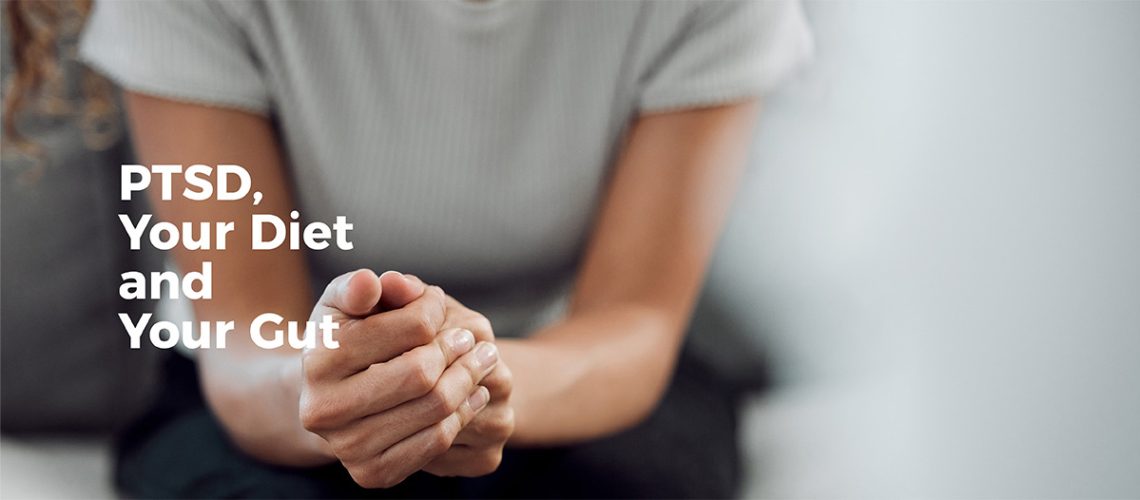Digest This
Click on the topics below to learn how probiotics can improve your digestive health, naturally.

PTSD, Your Diet and Your Gut
- @drHoberman
- Diet, Digestive Health, Mental Health
Summary: The diet you follow and how your gut manages it may determine how you’ll experience post-traumatic stress disorder (PTSD).
It’s hard to imagine a connection between post-traumatic stress disorder (PTSD) and the human gut until you recognize how the gut-brain axis links your brain, gut and emotions.
Unfortunately, many of us only notice our gut-brain axis when those connections are disrupted by many factors, including poor diets that often lead to an array of gut-related health problems that drive inflammation.
The good news: Following a gut-healthy Mediterranean diet can do a lot of good to ease or even prevent PTSD-related symptoms, based on findings featured recently in Nature Mental Health.
Healthy eating for mental health
Researchers at Harvard T.H. Chan School of Public Health and Brigham and Women’s Hospital in Boston teamed up on the report that collected data on 191 women from the Nurses’ Health Study.
These women were assigned to three categories: Probable PTSD, trauma exposure but no PTSD and a control group with no trauma exposure. Patients were evaluated on everything from BMI, diet, age, mental health and PTSD symptoms to multiple stool samples.
When researchers compared the diets women consumed to the number of PTSD symptoms they experienced, that’s where the differences in mental health became very apparent.
Women who consumed standard Western diets high in red and processed meats experienced more PTSD challenges while others who followed healthier Mediterranean diets faced fewer symptoms.
What’s more, scientists identified a specific species of gut bacteria — Eubacterium eligens — whose abundance was positively associated with patients who experienced fewer PTSD problems and ate diets rich in the fruits, healthy fats, vegetables and fish that make up the standard Mediterranean diet.
The major takeaway from this study: If you are experiencing mental health challenges, working on your gut-brain axis connection by eating healthier meals with higher amounts of dietary fiber, incorporating more exercise in your daily routine and getting more sleep matters.
When you’re working long days and you don’t have the time to follow your healthier routines, give your gut some extra protection by taking a probiotic, ideally with multiple strains of beneficial bacteria and a prebiotic that feeds the good bugs in your gut, like EndoMune Advanced Probiotic.
References
There Is An Endomune Probiotic For Every Lifestyle
-
EndoMune Metabolic Rescue
$44.95 -
EndoMune Advanced Probiotic
$42.95 -
EndoMune Companion Pack
$112.93









